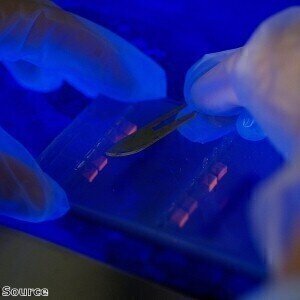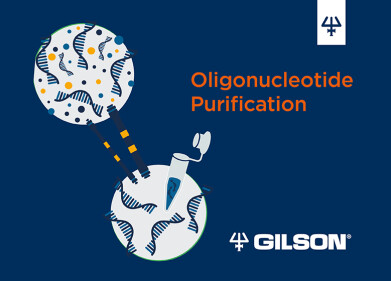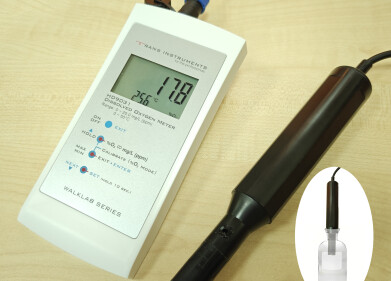-
 The only current treatment for Acute Ischemic Stroke is tPC which is not suitable for all patients
The only current treatment for Acute Ischemic Stroke is tPC which is not suitable for all patients
Laboratory Products
Ultrasound could be best treatment for acute ischemic stroke
Jul 15 2013
A new Phase III clinical trial has begun at the University of Texas Health Science Center (UTHealth), which is researching a new treatment for acute ischemic stroke. The clinical trial is exploring the use of a clot-busting medicine used in conjunction with ultrasound to break down blood clots which can lead to further strokes.
The Combined Lysis of Thrombus with Ultrasound and Systemic Tissue Plasminogen Activator for Emergent Revascularization in Acute Ischemic Stroke (CLOTBUST-ER) trial is a fully randomised, placebo-controlled, double-blinded study. Phase III will include 830 patients across the world. The trial is to use a revolutionary technique, which combines the use of ultrasound and medication to break down blood clots.
Currently the only treatment available for the treatment of a stroke that is caused by a blood clot within an artery is intravenous tissue plasminogen activator (tPA). This treatment is used within the first three hours of the stroke occurring and can result in one-in-three patients experiencing improvements after prompt treatment, or have their symptoms resolved. However, tPA is not suitable for all patients and cannot be administered after the three-hour point of symptoms occurring.
The trial will use tPA alongside transcranial Doppler ultrasound energy to breakdown the arterial blood clots that lead to further complications and symptoms of acute ischemic stroke. UTHealth was the first establishment to look into the use of ultrasound for the treatment of arterial blood clots and the institution conducted a Phase II safety and efficacy study, the results of which were published in 2004 in the New England Journal of Medicine. This study found that the combined use of ultrasound and tPA resulted in a 38 per cent rate of arterial recanalisation, in comparison to using tPA on its own, which resulted in a 13 per cent rate of arterial recanalisation.
Doctor Andrew Barreto, assistant professor of neurology at the UTHealth Medical School and the North American principal investigator of the Phase III trial, said: “We hope this will be the definitive trial to see if the delivery of ultrasound in combination with tPA results in better outcomes than the use of tPA alone. We will be assessing if the treatment leads to less disability and more independence for stroke victims.”
Digital Edition
Lab Asia 31.2 April 2024
April 2024
In This Edition Chromatography Articles - Approaches to troubleshooting an SPE method for the analysis of oligonucleotides (pt i) - High-precision liquid flow processes demand full fluidic c...
View all digital editions
Events
May 14 2024 Oklahoma City, OK, USA
May 15 2024 Birmingham, UK
May 21 2024 Lagos, Nigeria
May 22 2024 Basel, Switzerland
Scientific Laboratory Show & Conference 2024
May 22 2024 Nottingham, UK





.jpg)











